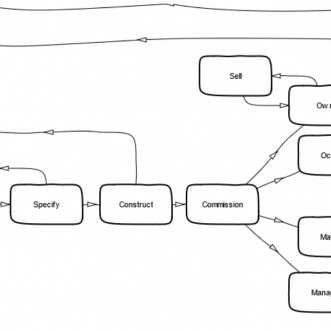
Exhausted
I spent the weekend looking for a cooker hood. I don’t like them, I’ve never had one, and I’d rather not have one now. But I am obliged to put one in my new kitchen, so have one I must.
Finally, after hours of searching online, I find one I can live with. It’s available all over the internet, under different brand names and SKU codes, from at least a dozen retailers, some of whom are clearly using the same database and software to present their goods. Every one of them is the same price. Competition here is clearly an illusion.
But what is really infuriating is that not one of those dozen retailers sells the associated carbon filter I will need to make the thing actually work. Nor do they give the manufacturer’s model number that would enable me to find the correct filter elsewhere.
More hours of detective work follow, to track down the ‘manufacturer’ (actually just a ‘brand’) and therefore find the model number I need to find a filter that will fit. Spares sites tend to be independent, and restrict what they ‘stock’.
Finally, I manage it, and get both things safely ordered. All in all, it’s cost me a day and a half to buy a simple cooker hood and carbon filter online.
But what else should I expect, when this is how most companies see ‘the buying process’?

High streets are struggling, we are told. IMHO , all they need to do is offer a truly helpful, rather than a merely ‘convenient’ service, even if only as a front end for an internet purchase – imagine Argos with expert human beings and the best possible product database.
After all, it’s the front end that really matters.








